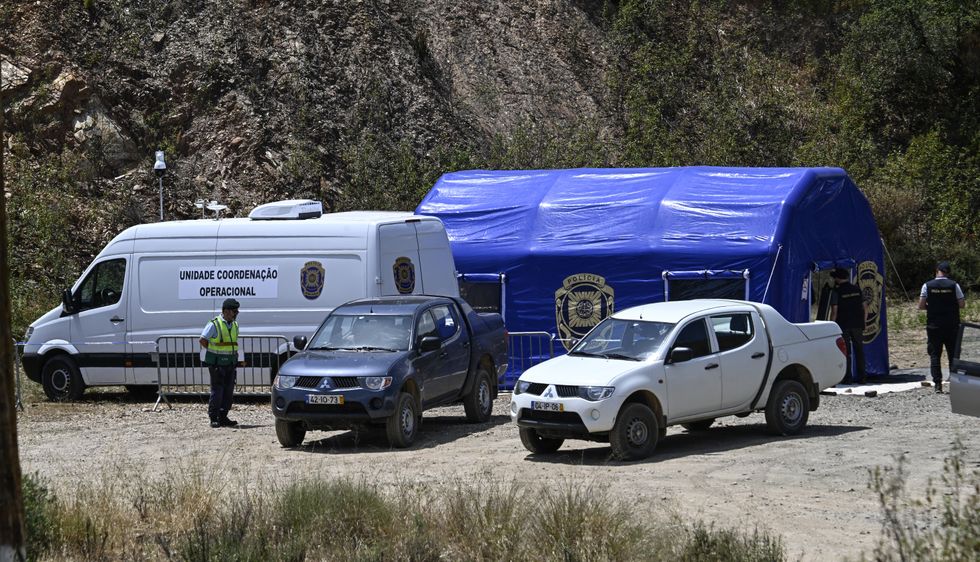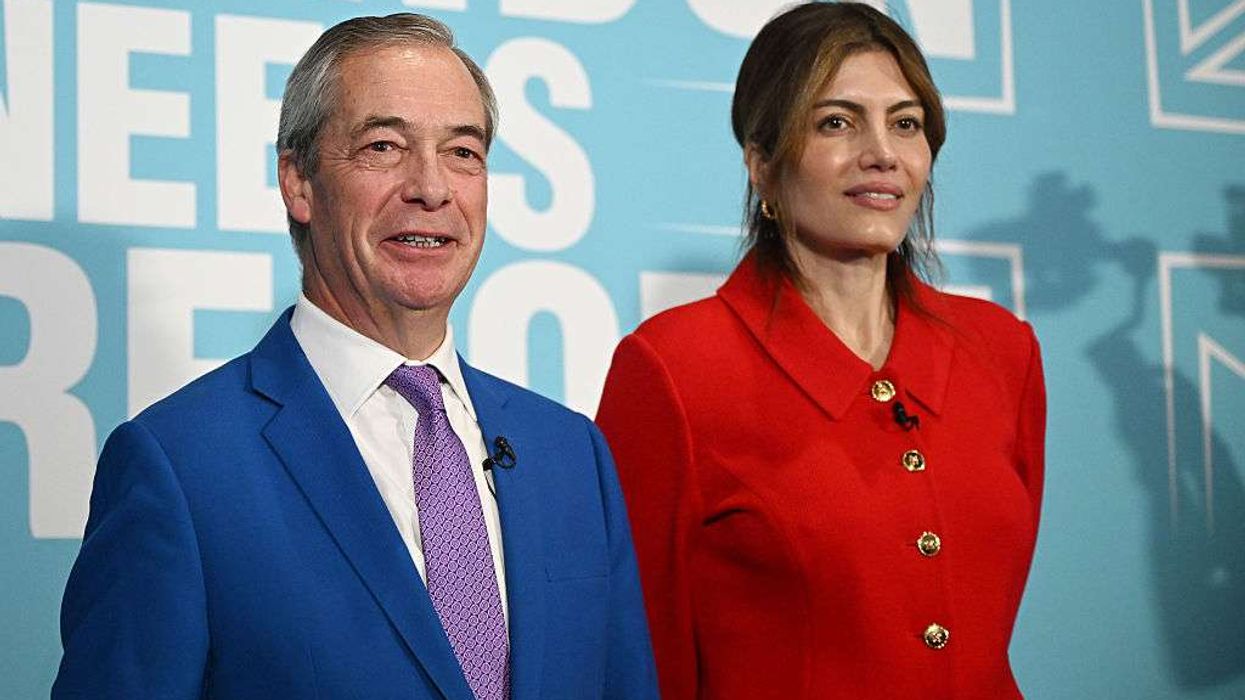A fresh police search for missing British girl Madeleine McCann is due to begin this week in Portugal, close to the location where she was last seen in 2007. The operation, requested by German police, is expected to take place in the area between Praia da Luz and a property where the main suspect, Christian Brückner, once lived.
Portuguese authorities have confirmed their cooperation with the search, which is scheduled to commence on Tuesday, 4 June 2025. The preparation work may begin the day before. A Portuguese source said the new operation will involve land searches only and that the main objective is “to look for any signs of Madeleine’s body”.
This will be the first coordinated search in Portugal in more than two years, following a multi-agency operation in May 2023 at the Arade Dam near Silves — a location reportedly referred to by Brueckner as his "little paradise". That search, which involved Portuguese, German, and British officers, did not yield any new evidence.
The latest effort is expected to run for approximately three days, unless anything significant is discovered. The search site lies not far from Praia da Luz, the Algarve holiday resort where three-year-old Madeleine McCann disappeared on 3 May 2007 while on holiday with her family.

Brueckner, 48, a convicted sex offender and the prime suspect in the investigation, is currently serving a seven-year prison sentence in Germany for the rape of a woman in the same region of Portugal. While German authorities have publicly named him as the suspect in the McCann case, he has not been charged with any crime relating to Madeleine’s disappearance. He denies any involvement.
The German authorities' urgency comes as Brückner is due for early release from prison in September 2025, following his acquittal in October 2023 on unrelated sexual offence charges. With the end of his sentence approaching, prosecutors are under increasing pressure to advance the investigation. He is reportedly no longer in solitary confinement and may soon be eligible for release.
There are also reports that Brueckner is under investigation for new offences involving prison guards, which could affect his release date. However, no formal charges related to Madeleine McCann have yet been brought against him.
The renewed focus on Brueckner comes after alleged new evidence was discovered at a disused box factory in Germany, where he previously worked. According to reports, investigators uncovered a collection of disturbing materials, including children's clothing, toys, small bikes, and more than 75 swimsuits believed to belong to young girls. Some of these items were allegedly found buried beneath the body of Brueckner’s pet dog, which was exhumed during the search.

The discovery has led to fresh calls for prosecution, with investigators reportedly concerned about Brueckner walking free. A source told The Sun newspaper that German prosecutors are hoping UK police will intervene and take on a more active role in the case. “There are 20,000 pages of Madeleine evidence, and the Germans are ready to translate the lot,” the source said.
Previous search efforts in Portugal have also failed to uncover conclusive evidence. In June 2014, British police carried out digs in Praia da Luz using sniffer dogs trained to detect bodies and ground-penetrating radar, in line with the then-leading theory that Madeleine died during a break-in. No evidence was found.
A smaller operation in July 2020 saw Portuguese police and firefighters search three wells, again without success. The May 2023 search at the Arade Dam was the most recent, lasting several days, but yielded no significant developments.
The renewed search this week is significant not only due to its location but also the timing, as pressure mounts on authorities to act before Brueckner potentially regains his freedom.

Madeleine McCann’s case remains one of the most high-profile missing persons cases in modern British history. She vanished from her family’s holiday apartment just days before her fourth birthday, sparking an international investigation that continues 18 years later.
The McCann family has not commented on the latest search operation, but in previous statements, they have expressed their ongoing hope for answers and closure.













